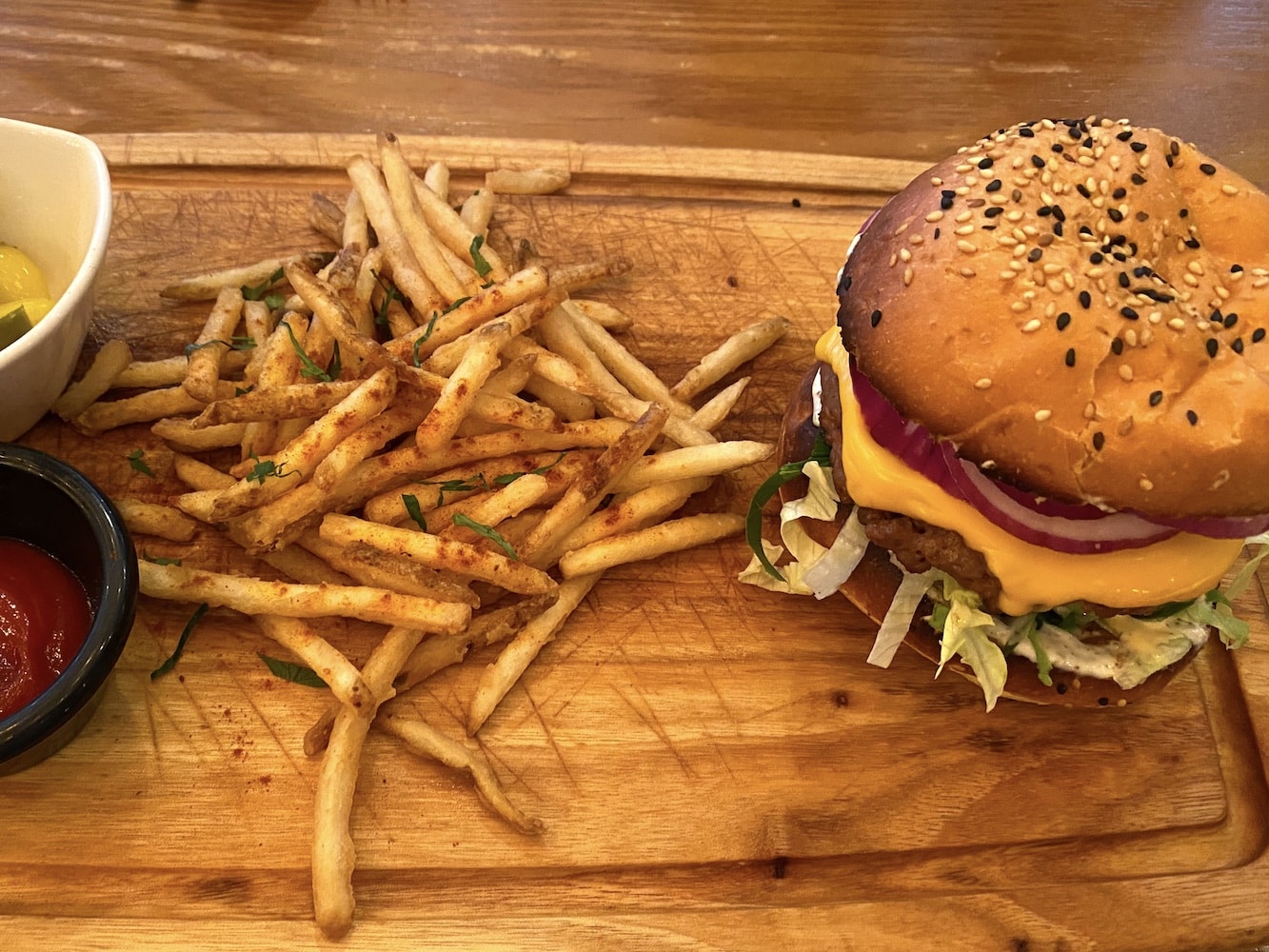Plant-Based Diet
By Dr. X
Plant-Based Diet, From the Perspective of a Physician
Are they just the latest trend, a passing fad?
Is it all about saving cows or saving the planet? From the perspective of a physician, let me try to help clear up some misconceptions about this way of eating, because let’s face it, a lot of people are pretty sensitive when it comes to the topic of food.
Plant-Based Diet Related Terms
But first, a quick run-down of plant-based-related diet terms:
Plant-based diet: general term for a diet with a heavy emphasis in ‘plant-type’ foods (i.e. vegetables, fruits, beans, etc;)
Vegetarian
Ovo-Lacto vegetarian
Pescatarian
Vegan
Depending on who you ask, the term can refer to a diet completely free from any products related to animals (including eggs, milk, cheese, even honey) and can encompass a way of life of abstaining from the use of animal-related products such as wool, leather, etc.

Plant-Based Diet Misconceptions
Misconception #1
A plant-based diet is unbalanced and unhealthy because it lacks nutrients found in meat products. (aka “Where do you get your protein?”)
Reality
As long as it includes a variety of foods thoughtfully prepared, a vegetarian diet can be a completely balanced diet. Regarding the issue of protein, there are so many vegetarian sources of protein such as beans, tofu, etc; Even vegetables– did you know that broccoli contains more protein per calorie than steak? It’s true that strict vegans may not have a source of vitamin B12 in their diet as B12 is generally derived from animal sources, but B12 supplements are readily available.
Misconception #2
You’ll become a weakling on a plant-based diet because meat is the key to building strong muscles.
Reality
There is no scientific proof that eating meat is essential to building strong muscles. In the animal kingdom, some of the strongest animals are plant-eaters. There are many elite athletes who consume plant-based diets as part of their rigorous training.
Misconception #3
Plant-based diets don’t taste good and aren’t satisfying.
Reality
Wow, where to begin? In this day and age, with plant-based cafes and restaurants popping up everywhere, an abundance of plant-based products in many local grocery stores, and loads of plant-based vlogs, blogs, cookbooks, etc; it’s hard to avoid tasty plant-based options for you to try—if you’re a bit adventurous and willing!
Misconception #4
Eating a plant-based diet is more expensive than eating a ‘regular’ diet
Reality
This comes down to what exactly you are comparing. It’s true that eating a basic fast-food burger and fries may be cheaper than buying a tasty vegetable salad with tempeh, organic greens, edamame, and fresh sesame vinaigrette dressing (if you make your own, it will be less expensive). But in terms of the long-term benefits on your personal health, and just feeling good in general with more energy and improved mood (trust me, just try it, you’ll see), the choice is pretty clear. On a personal note, I converted to eating a plant-based diet in high school—it was my own choice. Very quickly, I felt the difference—I was more energetic.
Misconception #5
Reality
Well, some people get started on a plant-based diet because of health concerns such as diabetes or heart disease and see remarkable benefits from the change. But I do want to emphasize that as with any diet, a good plant-based diet needs to be balanced. If someone only eats vegan donuts all the time, clearly that is not a healthy diet. And lifestyle is super important too—it goes hand in hand with diet. Exercise, avoiding habits such as smoking, etc;

